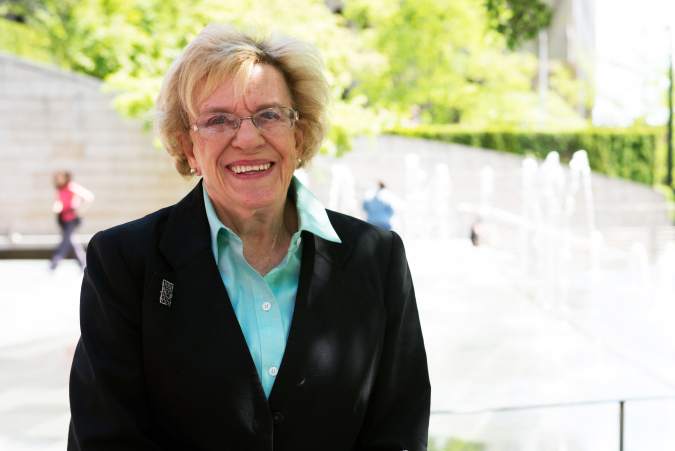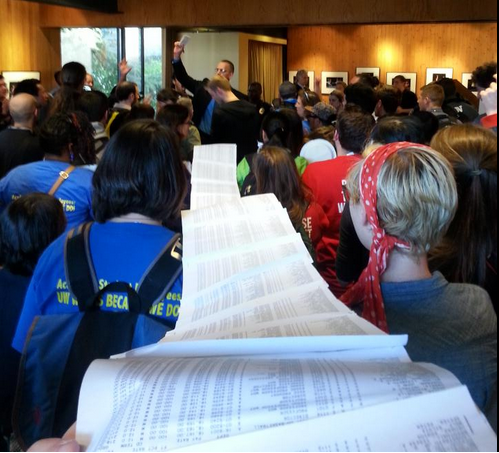On Friday, Mayor Ed Murray signed off on a city ordinance that would allow four weeks of parental leave for all City of Seattle employees. Notice the word parental—that means both moms and dads will enjoy these new benefits. But the real winners here are the city’s working women, as this new legislation moves Seattle a bit closer to equal pay for equal work. Councilmember Jean Godden, the leading advocate for C.B. 118356, said in a statement: “Retention of female employees and their mobility into higher-paying positions can be improved when paid parental leave is encouraged for both men and women, narrowing the gender-pay gap.” In the recent past Seattle has lagged behind other cities when it comes to equal pay for equal work. So …
Where do we stand now?: According to a study by the National Partnership for Women and Families in April 2013, a Seattle woman working a full 40-hour week makes, on average, 73 cents for every dollar a full-time Seattle man makes—four cents lower than the national average. The study explains that if not for this gap, a Seattle woman would be able to pay for 16 more months of rent or buy 118 more weeks of food. Several other states—California, New York, and Colorado, to name a few—have equality-assuring measures, such as paid sick-leave laws, temporary disability insurance, and paycheck transparency protections, already cemented into their legal system. But at this point in time, neither Seattle or Washington as a whole do.
What are we doing?: This year, finally, amendments were written to the Equal Pay Act, which was passed in 1943 and hasn’t been tweaked since. While that law does prohibit wage discrimination, it allows for many loopholes that the amending House Bill 1646 seeks to prevent. HB 1646 prohibits employers from asking their employees to keep their wages secret and protects women who ask about or discuss their wages from retaliation.(Currently employers can punish employees for discussing wages.) Two other bills that seek to help equalize the positions of males and females in the workplace have been proposed in the 2015 legislative session: HB 1356 requiring paid sick days and HB 1273 requiring paid extended leave.
What’s next?: All these bills were passed by the House earlier this year—but none of them, unfortunately, by the Senate committees in time for the April 1 cutoff. So no statewide legislation will be implemented until 2016 at the earliest. A study released in March by the Women’s Funding Alliance, “The Status of Women in Washington,” says that at the rate we’re moving, the wage gap in Washington will not close until 2071—just in time for our granddaughters.
news@seattleweekly.com








